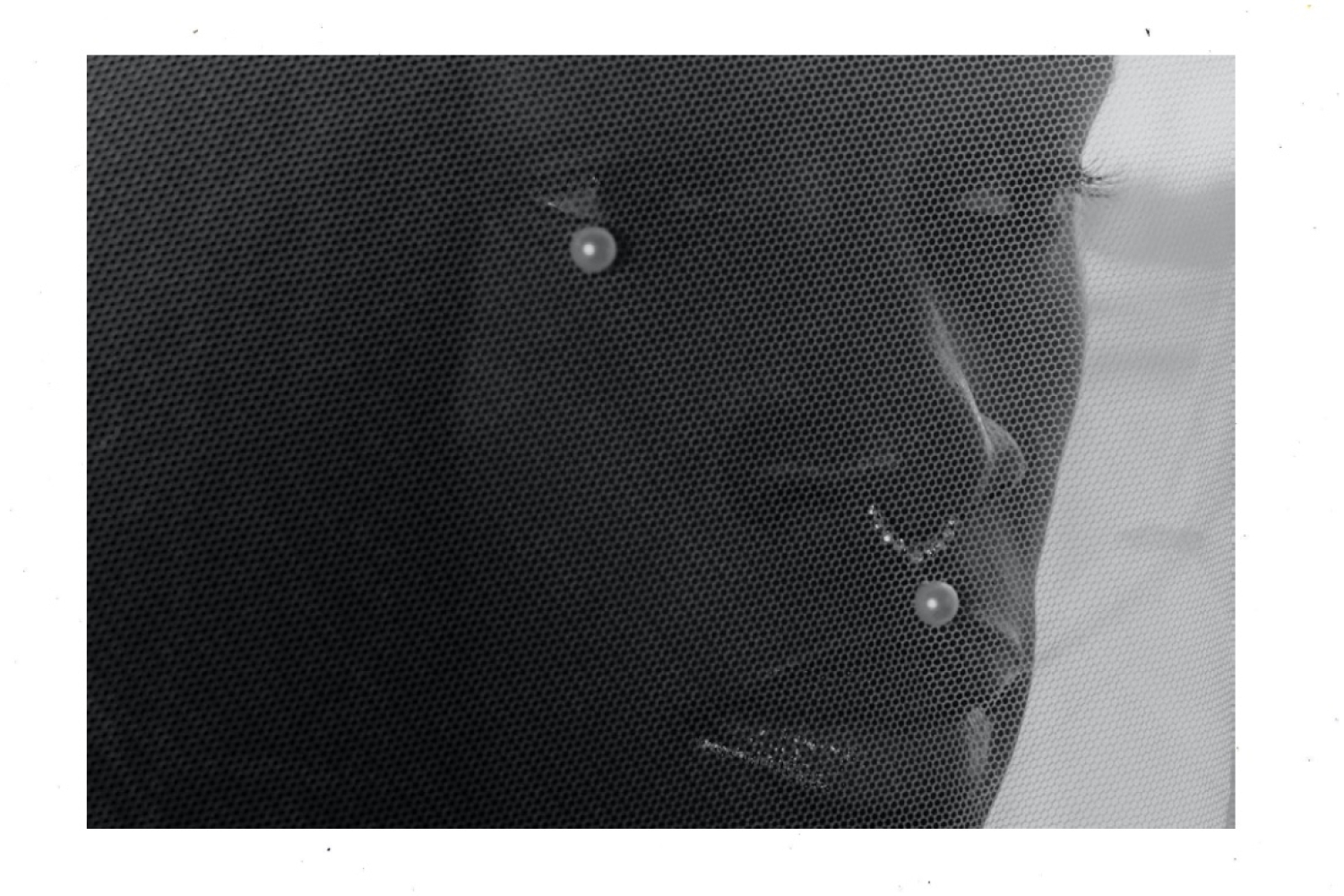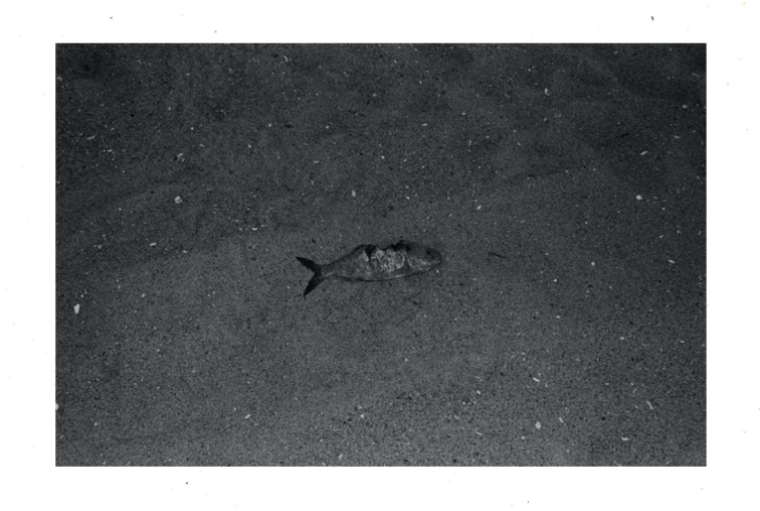
Alexis. Brooklyn. © Debmalya Roy Choudhuri.

Alexis. Brooklyn. © Debmalya Roy Choudhuri.
“I have been photographing for a decade, since I was eighteen or nineteen. I had tuberculosis during my teenage years, a prolonged sickness with an equally painful recovery. This phase made me realise the temporality of existence and the necessity to find a language to speak of one’s own life and its relation to the world. Back then, I was also fearful of a relapse, as a result of which I felt I was losing out on time and leading a very boxed-in life. All of this led to a certain urgency in me to take photography more seriously.”
When did you realise photography was a way for you to understand the world better?
I was around twenty-one or so at the time and living in Kolkata. The earlier years were more of a blur — I was photographing protests in Kolkata, my lover and the streets. Chaotic indeed, but an efficient way to keep speaking and keep feeling, nevertheless. It was also an excuse to stay out of the house since back then, my relationship with home was strained too. Perhaps, like every other young adult growing up with less and wanting more of their own realities, it was my own feeling of having not lived enough after my sickness that led me to photography.
How much of your life and your own reality reflects in your work?
Most of my life and my work have been intertwined and I speak from a deeply personal position. Sometimes this becomes too much as I feel I am carrying different parts of the self with me along with the parts of everyone I have encountered. Photography eventually talks about real people and everyone has a story. All these stories are part of my own reality, too. While I try to find a certain fiction — an auto-fiction of sorts — to talk about certain situations, mostly to conceal identities and create an anonymity in my work, at the core it is still about my life and trying to find ways to look for a certain intimacy, a certain proximity and a common solidarity. I am aware that sometimes it might feel too nihilistic, but this way of photographing the self and its relation to the other is my way of finding a community.

D Rockaways. New York. © Debmalya Roy Choudhuri
I read that after 2018, there was a shift in what you saw through your lens — what did you see before and after 2018?
In 2018, my lover passed away and that changed my life overnight. It was a death by suicide, and I was in America then. The grief hit me hard much later than the incident itself. I have always been open while talking about mental health and its complex relationship to the self and life itself. Pre-2018, my response to photography was still very numb and inchoate. I was confronting my own strug- gles with my queer identity, the struggles of my lover with her mental health, amidst a complicated relationship with home. After her demise in 2018, a new sense of urgency and necessity emerged within me, telling me that I had to make sense of my time wherever I am.
It made me talk about my own confrontations with mental illness and depression, and to embrace the self as it is, all the while forging new friendships and relationships with the people of a land far from my own. Of course, it took me a long time to come to this understanding. We are all learning through life, and photography is a journey of learning — more unlearning rather — but I believe I found my voice in a better way after 2018. I may not be doing it right or I might distance myself from some people in the process, but I want to keep pushing myself towards taking risks and using photography to ask questions that make sense to me. So, in a way, I am still very new to photography. If I were to subtract all the madness of my early twenties, I have been taking images for just less than half a decade. I turned thirty a few months ago and I feel this is a rebirth.
Your photography is unfiltered, bare and vulnerable. How challenging or natural is the process for you?
I believe in looking at photography as a collaborative, diaristic ritual — a diary that reflects the larger truth of life itself. All my life, I have felt a certain sense of alienation and unbelonging — perhaps partly due to my own past sickness of dealing with mental health issues or facing the loss of a lover. This method of using a diary has kept me alive and prevented me from descending into madness. I do believe I live an unfiltered life, and those I have shared my proximity with have also faced trauma. Their ways of embracing the self and their sexuality have only given me hope.
This process of finding people and photographing situations in moments of solitude — usually one person at a time — although natural, developed only over time. I have always loved to meet people and believed in the strength of chance encounters. There have been several moments that trace back to my own desire of connecting to people, mostly other queer folks. Queer not necessarily in terms of gender or sexuality, but as a way of life — to resist all that was made acceptable in the past and to fight oppressive structures.
Lastly, what is it that you are searching through your art?
I want to find a community through my practice and art — a community of seemingly disconnected people of different identities and socio-cultural situations, most of whom are in vulnerable and disadvantaged positions, linked through the thread of my image. The intent is to keep questioning what it means to be human in today’s post-capitalist world, to be free and to keep feeling. I am also keen to understand the depth of the human condition through personal encounters and to keep questioning the meaning of queer as it changes its own meaning every day, confined by the power of systemic language. Eventually, why I photograph, why I document and why I keep a diary is to find a hope again, perhaps a semblance of love and life itself.
This article is an all exclusive from our July EZ. To read more such articles follow the link here.
Text Shruti Kapur Malhotra
Date 25-07-2022